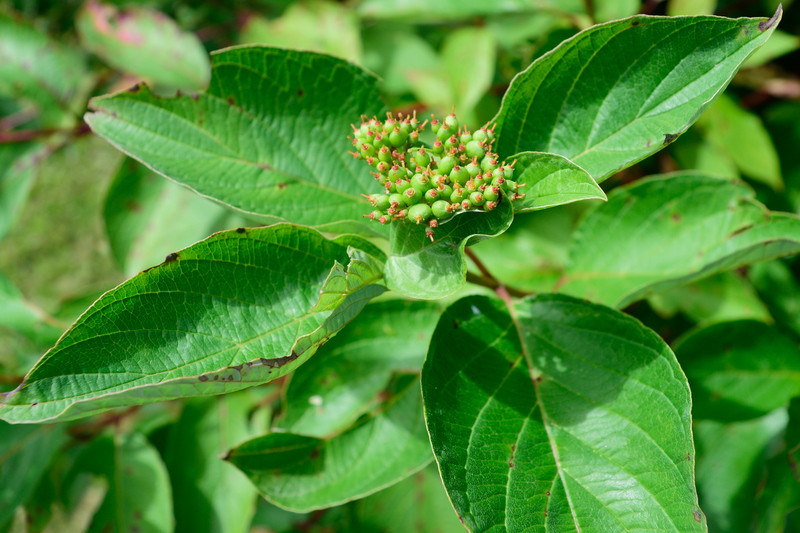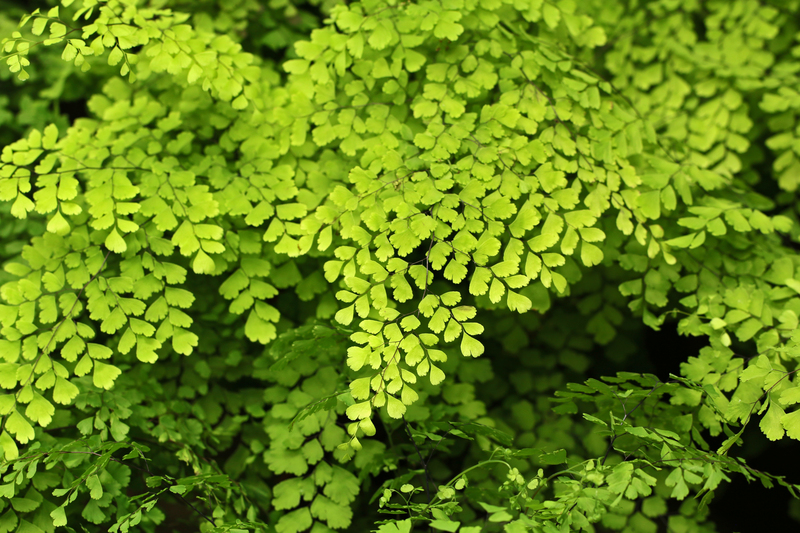Combat Ant Infestations with These Simple Garden Solutions
Posted on 13/10/2025
Combat Ant Infestations with These Simple Garden Solutions
Ant infestations in your garden can be a persistent problem, jeopardizing your plants and overall garden health. While these tiny creatures play crucial roles in ecosystems, their overpopulation can lead to various issues. Fortunately, there are simple yet effective strategies to address this problem without resorting to harmful chemicals. Read on to discover natural ways to combat ant infestations and restore your garden's harmony.
Understand the Root Cause
Before you tackle the ants, it's essential to understand what attracts them to your garden. Ants are drawn to food sources, organic debris, and moisture. Identifying these attractions can help you take proactive measures to eliminate them.

Maintain Cleanliness
Keeping your garden clean is one of the most efficient ways to deter ants. Regularly remove fallen leaves, decaying plant matter, and leftover food. These items are prime targets for ants looking for food and nesting sites. The cleaner your garden, the less attractive it becomes to ants.
Use Natural Repellents
Several everyday household items can serve as effective ant repellents. For instance, sprinkling cinnamon, black pepper, or coffee grounds around ant trails can disrupt their scent trails, making it hard for them to navigate. Additionally, essential oils such as peppermint, tea tree, and eucalyptus can be used. A simple spray solution with these oils and water can be applied to affected areas.
Introduce Beneficial Insects
Natural predators can help keep the ant population in check. Ladybugs, for example, are known to eat aphids, which attract ants by producing honeydew. Encouraging the presence of beneficial insects in your garden can create a balanced ecosystem where ants are less of a problem.
Create Barriers
Physical barriers can prevent ants from reaching plants. Diatomaceous earth, a fine powder made from fossilized algae, is particularly effective. When ants come into contact with diatomaceous earth, it damages their exoskeletons, leading to dehydration and death. Simply sprinkle this powder around the base of your plants.
Establish Ant-Free Zones
Strategically placing ant traps or bait stations around your garden can significantly reduce ant numbers. These traps typically contain a mixture of borax and sugar, which lures ants. Once ingested, the borax acts as a poison, eventually killing the ants. Remember to keep these baits away from pets and children.
Grow Ant-Repellent Plants
Certain plants naturally repel ants. Planting herbs such as mint, lavender, and rosemary can create an unfavorable environment for ants. Not only will these herbs help in deterring ants, but they also make wonderful additions to your culinary creations.
Adequate Watering Practices
Over-watering and poor drainage create damp conditions that attract ants. Ensure your garden has proper drainage and avoid excessive watering. Consistently check soil moisture levels and water your plants as needed to maintain a healthy balance.
Use Homemade Ant Remedies
Several DIY remedies can effectively tackle ant problems. A popular option is the vinegar solution. Mixing equal parts of vinegar and water and spraying it along ant trails disrupts their scent paths, deterring them from re-entering the area. Another effective remedy is a combination of dish soap and water, which can be sprayed directly on ant nests.
Tips for Long-term Ant Management
- Regularly inspect your garden for ant activity.
- Maintain a clean and organized garden space.
- Rotate repellents and remedies to prevent ants from building resistance.
- Avoid using harmful chemicals that can damage your plants and soil.
Pros and Cons
Implementing natural and simple solutions for ant infestations has its advantages and drawbacks.
Pros:
- Eco-friendly and safe for plants, pets, and humans.
- Cost-effective as many solutions use household items.
- Promotes a balanced ecosystem by using natural predators.
- Minimizes the risk of chemical exposure.
Cons:
- May require more time and effort compared to chemical treatments.
- Effectiveness can vary depending on the severity of the infestation.
- Some remedies may need frequent reapplication.
- DIY solutions may not work for all ant species.

Takeaways
Addressing ant infestations requires a combination of understanding their behavior, maintaining garden cleanliness, and using natural, eco-friendly solutions. Regular monitoring and adapting your strategies will help keep your garden ant-free and thriving.
Conclusion
Combating ant infestations in your garden doesn't have to rely on harsh chemicals. By following these simple yet effective solutions, you can create an environment that deters ants naturally. Keep your garden clean, use natural repellents, and introduce beneficial insects to maintain a healthy, balanced ecosystem. Remember, patience and consistency are key. With these strategies, you'll be well on your way to enjoying a beautiful, ant-free garden.
Latest Posts
Essential Tools for Passionate Gardeners
Top 9 Gardening Tips for Newbies
Top Edible Wild UK Plants and Flowers



